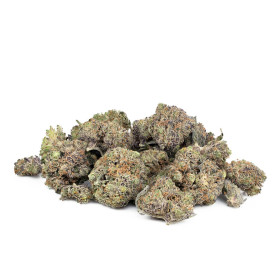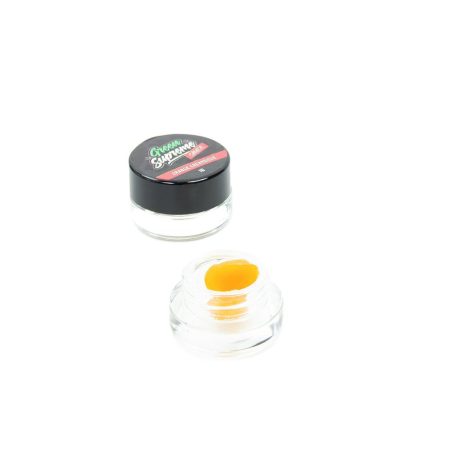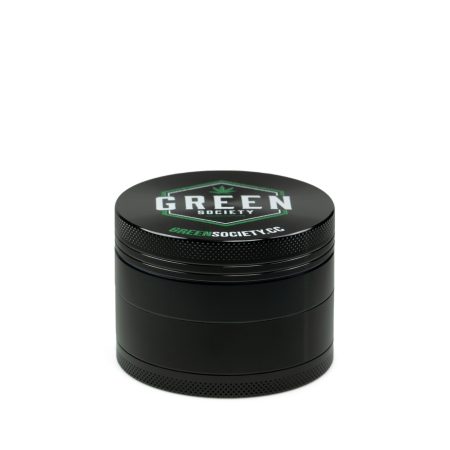Marijuana
Health Benefits of CBD for Canadians
Introduction
In recent years, Cannabidiol (CBD), a naturally occurring compound found in cannabis plants, has garnered significant attention for its potential health benefits. Unlike its cousin THC, CBD is non-psychoactive, making it an appealing option for individuals looking for relief from pain and other symptoms without the mind-altering effects of marijuana or certain pharmaceutical drugs. This article delves into the benefits and cons of CBD, with a focus on its effects on brain health and overall efficacy.
What are the Benefits of CBD?
Pain Relief
One of the most celebrated health benefits of CBD is its ability to help manage pain. Studies suggest that CBD may contribute to the body’s endocannabinoid system, a complex biological system involved in maintaining certain aspects of your health. Evidence suggests that CBD oil could play a key role in relieving pain by enhancing the effects of adenosine receptors and reducing inflammation.
Anxiety and Depression Management
CBD has been shown to potentially modify the brain’s response to serotonin, a neurotransmitter linked to mental health. Research indicates that CBD oil can help reduce anxiety and depression, making it a viable alternative to traditional pharmaceuticals.
Support for Heart Health
Emerging research links CBD with several benefits for the heart and circulatory system, including the ability to lower high blood pressure, which is associated with increased risks of a number of health conditions, including stroke, heart attack, and metabolic syndrome.
Neuroprotective Properties
Research is ongoing into the ability of CBD to act on the endocannabinoid system and other brain signaling systems, which may provide benefits for those with neurological disorders, a significant point of interest for many Canadian families dealing with such challenges.
What are the Cons of Using CBD?
Side Effects
Despite its many benefits, CBD is not without its side effects. Possible adverse effects include nausea, fatigue, and irritability. CBD can also increase the level in your blood of the blood thinner coumadin, and it can raise levels of certain other medications in your blood by the exact same mechanism that grapefruit juice does.
Regulation Issues
The market for CBD is new and still largely unregulated. The quality and dosage can vary widely between products and manufacturers, which can pose safety risks. It is essential for consumers to choose products from reputable sources and consult healthcare providers before starting any new treatment.
Potential Drug Interactions
CBD can interact with other medications, such as blood thinners and those processed by the liver. Therefore, it’s crucial to consult with a healthcare provider to ensure safe usage, especially for those with underlying health conditions.
How Does CBD Benefit the Brain?
CBD’s ability to act on the brain’s endocannabinoid system and other brain signaling systems may provide benefits for those with neurological disorders. For example, several studies have shown that treatment with CBD improved quality of life and sleep quality for people with Parkinson’s disease.
Does CBD Have a Strong Effect?
The effect of CBD can vary widely depending on the dose and the user. It does not produce a “high” like THC, but its effects are often described as subtly calming and promoting a sense of well-being. The non-psychoactive properties of CBD make it an attractive option for those seeking relief from pain and other symptoms without the altering effects of marijuana or other pharmaceutical substances.
Conclusion
While the health benefits of CBD are promising, it is important to approach this supplement with caution due to its potential side effects and interactions with other medications. Canadian consumers should consult healthcare providers and insist on quality and transparency when purchasing CBD products.
For more detailed information, you can visit Harvard Health’s article on CBD, which offers a robust analysis of what science currently knows—and does not know—about this compound.















